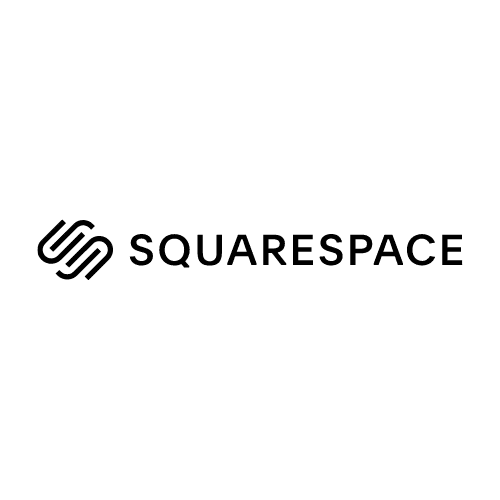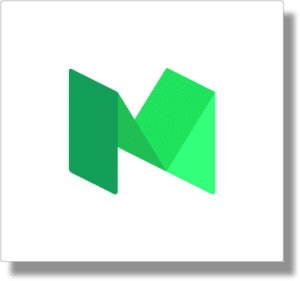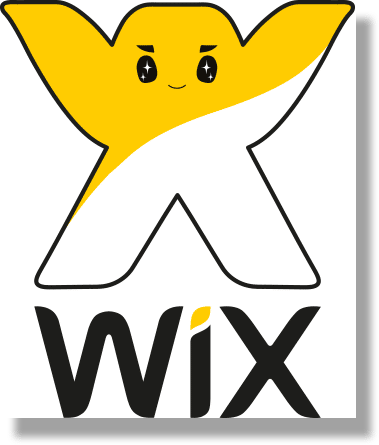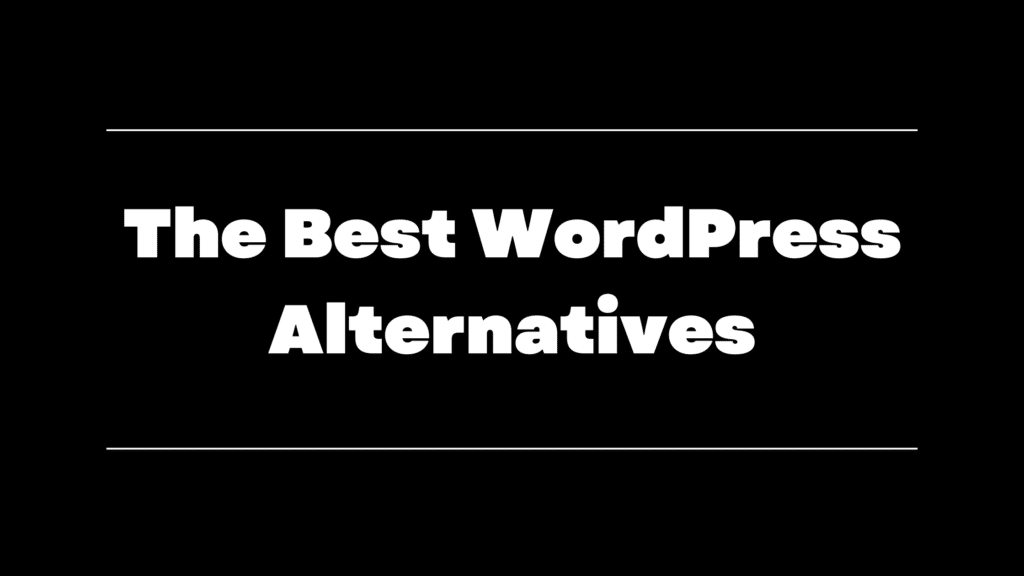
It’s no secret – we love wordpress. But, we know everyone has different tastes. If you’ve given wordpress a shot and don’t love it – or are just looking for the best wordpress alternatives – we’ve got you covered.
Here’s our top list of free, paid and (un) recommended wordpress alternatives. We include everything worth covering and leave off the stuff that’s a waste of your time.
Table of Contents
Our Top WordPress Alternatives
If you’re not going to use wordpress, don’t waste your time – use one of these 4 top alternatives to wordpress.
Squarespace

Squarespace is like wordpress but simpler. If you want to build just a website (not a blog), we might actually just recommend squarespace. You can get your pages up super quick and the designs look fantastic.
We don’t see lots of blogs specifically on squarespace, but we’re sure if you’re determined about it – you can probably figure it out.
PROS
- Absolutely stunning themes and designs, your site will definitely look fresh and professional.
- Super easy to get up and running, intuitive user interface and great tutorials.
- Simple (transparent pricing) — no confusing charges.
CONS
- A little bit pricer than some of it’s competitors, which could be a deal breaker.
- Lacks some advanced blogging features, though they continue to improve on a regular basis.
- Limited apps / plugins. While there are some plugins functionality, they aren’t as versatile as WordPress.
Squarespace is our favorite wordpress alternative. If you're just looking to build a quick and easy site and make it look beautiful - look no further than Squarespace.
Ghost
Ghost is a true wordpress alternative. Built in a similar manner to wordpress – the main difference here is a question of taste.
Entirely bootstrapped from day 1 – even their origin story mirrors wordpress.
A straightforward blogging alternative to wordpress – it’s worth a look.
PostHaven
We love the simplicity of posthaven.com It’s not the flashiest bloggging platform on the market, but for $5/month – it’s pretty darn good.
Webflow
Webflow is great for a very specific type of website, but beyond that – we can’t recommend it. There are tons of issues with databases and basic SEO stuff that WordPress had solved in 2010. It’s almost indefensible that Webflow has these issues still. We’ve seen sites we considered dead to jump back to life when moving off of Webflow.
We will say – Webflow sites can look amazingly beautiful, but it’s not worth the hassle unless you’re building a very specific type of site.
Shopify
If you’re looking to build an online business Shopify is a fantastic option. It’s especially focused on online stores. Shopify also has an incredible community of entrepreneurs for business advice and strategy.
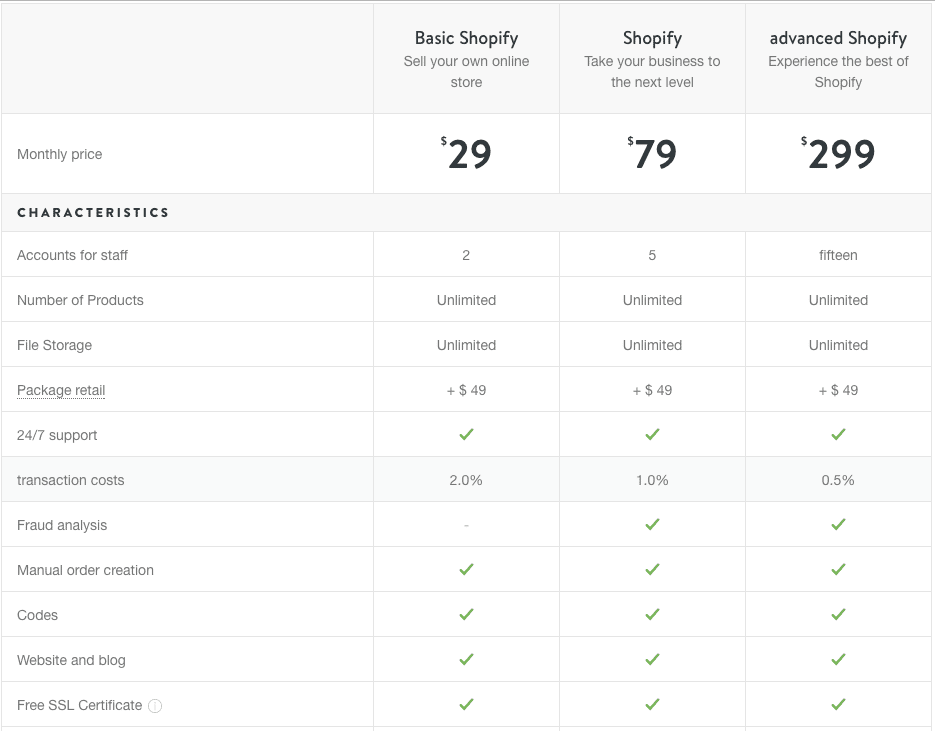
PROS
- Top of the line resource for running an online store
- Incredible support – The Shopify team wants you to succeed and their support team / resources are their to help you grow your online business.
- Lots of contests, and helpful business articles.
CONS
- Depending on your plan, percentage of online sales.
- Focused mainly on online stores, which might not fit your needs.
- Design is somewhat lacking when it comes to themes.
Free WordPress Alternatives
Tumblr

Tumblr and wordpress used to be competitors. Now they’re actually both owned by the same parent company – Automattic. How the turns have tabled, eh?
We like tumblr for it’s simplicity – sort of like a blog of instagram before instagram blew up. We don’t see tons of thoughtful writing coming through tumblr, but if you’re looking for a place to store your thoughts – give it a look.
Tumblr is one of the most popular “blogging” platforms around. That being said, as far building a sustainable business or website, we don’t recommend Tumblr as an option. However, if you’re looking to just share thoughts as a hobby it could be a great and easy way to get up and running.
PROS
- Super easy to get started. Like really.
- Media friendly – Easy to share virtually any kind of content, GIFS, Images, Lyrics, Videos etc.
- Social discovery – Tumblr is one of the most popular social networks in the world, so there is large audience that can discover your content.
CONS
- Not considered a “serious” blogging platform.
- Mostly known for images/gifs.
- Serious lack of advanced functionality that other alternatives have.
Blogger
Our very first blog was a blogger blog – fun fact. An entry from the throw back era of blogging. These sites are simple and free. No nonsense and if you are trying to build a huge site – you probably want other options, but if you just want to write – it’s not so bad.
Medium
Medium had it’s heydey when the founder of blogger started a new service. While it looked clean, you don’t own the domain or url on medium – so for that reason alone – we highly recommend you use an alternate service.
That said – if you are just putting up something that’s not very serious – it’s a decent option with okay distribution.
Medium was built by one of the cofounders of Twitter and has one of the best user interfaces around. When it comes to just writing, Medium is top dog. They also have a very engaged readership that helps get your content seen if you’re just starting out.
PROS:
- Built in social discovery /subscribers – your work will be visible to a relatively large audience right off the bat. Content has the chance to go viral.
- Dead simple writing – If you enjoy writing, Medium is one of the best places to do that. The editor is fantastic, and very minimalistic , allowing you to focus on what matters.
- Great design – Everything on Medium was built with a great eye for design, the user interface is easy and simple to use.
CONS:
- The biggest con, is that you don’t own your content. If Medium decides to shut down tomorrow, you lose everything.
- Medium could eventually decide to introduce ads.
- Lots of Competition – Because anyone can publish on Medium, it’s very difficult to make a name for yourself, outside some organic views.
Bad Alternatives to WordPress
These are some alternatives to wordpress you might see recommended around the internet, but we recommend you stay far away from them.
It’s pretty easy to get started, and they have a ton of in depth tutorials to help customize your site to your liking.
PROS:
- As with some other WordPress Alternatives, Wix has built in hosting included in your plan, so they host both your domain and site all in one place, which is a nice feature to have if you get overwhelmed with technology.
- They also have hundreds of free themes that you can choose to get the perfect feel for your website.
- Drag and drop — If the word “coding” scares, Wix gives you piece of mind. Most of the design is done by simply dragging and dropping the content and media wherever you want it to go.
CONS:
- Themes: While they do have a solid amount of theme options, some of them can be a bit “cookie cutter” in my opinion.
- Advanced features lacking – Due to the drag and drop style editing, Wix does lack some more advanced features, which might be an issue as your blog or website grows.
- Restrictions when it comes to content / marketing material
- A slight learning curve when starting your website.
Wix is like Squarespace, but worse. Much worse. There’s lot of issues and we’ve never seen a “good looking” Wix site. Stay away from it.
Weebly
This is like Wix, but on drugs. Don’t do it.
PROS
- Super easy to use. Up and running in minutes.
- Professional, responsive sites. Your site will look clean and reader friendly.
- Fully customized layouts – Helps you get up and running quickly by in depth templates.
CONS
- Designs can be a bit boring. They get the job done, but not all “stand out.”
- Limited customization options. Unlike some of the other alternatives, you can’t customize everything.
- Slow to introduce new features. Weebly has improved in this regard, but new features are often hard to come by.
Static HTML
If you’re a coder go for it. If you’re anyone else, there are so many better ways to spend your time than messing around with code.
